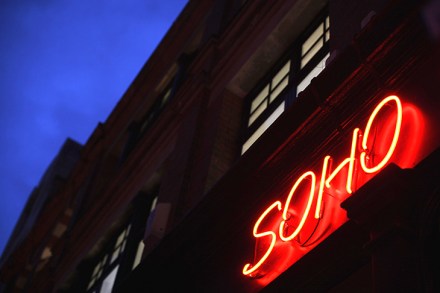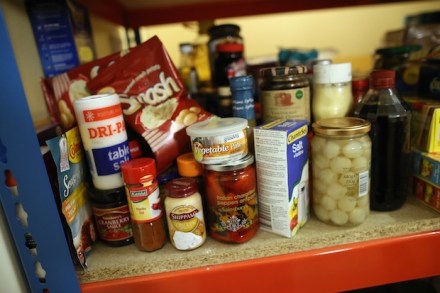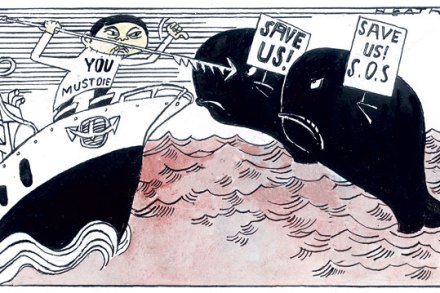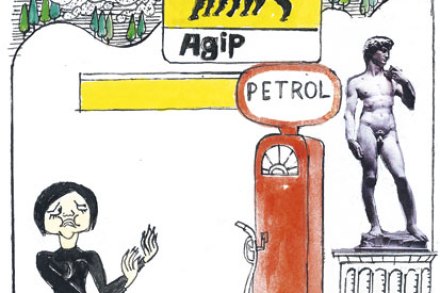Don’t chicken out of labelling food
Do you know where the chicken in your lunchtime sandwich came from? Where it lived and how it died? For most people, the answer’s probably no, so it might have been a surprise to discover that many restaurants, supermarkets, and even schools have been selling halal meat without labelling it as such. Of course there are people who will argue for both sides of halal. I can understand why people are so against it, as Melanie McDonagh explains in her blog. After all, slitting an animal’s throat while it’s still conscious isn’t the nicest way of doing things. But I’m not sure that halal – or even kosher slaughter, which

















